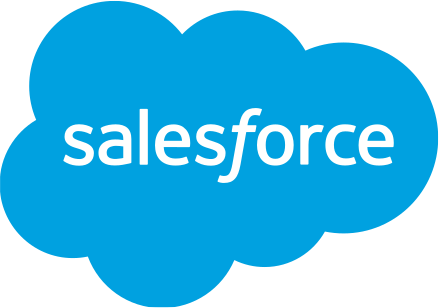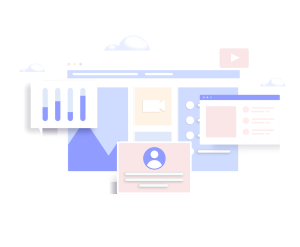6 Signs Your Organization Needs to Stop Using Excel
Navigating the Transition from Excel to Salesforce for Businesses
In this post, we reveal the 6 clear signals that indicate your organization is prepared to move on from using Excel, leading you towards a more efficient way of operating and making a bigger difference. Let's embark on this transformative journey together.
Let's explore the signs
Data Complexity
Collaboration Challenges
Limited Automation and Workflows
Reports and Analytics
Integration Requirements
Security Concerns
Let's explore the signs
Data Complexity
Collaboration Challenges
Limited Automation and Workflows
Reports and Analytics
Integration Requirements
Security Concerns
Data Complexity
Moving your data from Excel to Salesforce becomes necessary when your data starts to grow in complexity or surpasses the limits of what Excel can effectively manage.
At this point, Salesforce emerges as the ideal solution, specifically tailored to handle sizable quantities of data in an efficient manner. This adaptable platform ensures seamless scalability to meet the escalating demands of a thriving business.
Collaboration Challenges
Collaborating on Excel files within a team can often pose challenges due to their cumbersome nature. When encountering problems with version control, conflicting edits, or difficulties in keeping track of updates, it could indicate the need to transition to Salesforce CRM.
This CRM platform provides an array of collaborative functionalities, enabling multiple users to effortlessly collaborate on shared data in real-time.
Limited Automation and Workflows
Excel is primarily used for manual input and manipulation of data. In contrast, Salesforce CRM provides users with advanced features such as automation and workflow capabilities that can significantly enhance their productivity.
If you often find yourself devoting excessive time to repetitive tasks or require a more streamlined approach to data-related workflows, transitioning to Salesforce would be highly beneficial. By leveraging its automation features, you can save valuable time and minimize the occurrence of errors.
Reports and Analytics
Salesforce CRM delivers powerful reporting and analytic resources that provide valuable perspectives on your data, enabling you to make well-informed choices. Should your reports in Excel become more complicated or fail to possess the necessary depth for strategic decision-making, transitioning to Salesforce can enhance your reporting proficiency and offer a broader understanding of your data.
Integration Requirements
With the growth of businesses comes the importance of effortlessly connecting with other applications. If you encounter difficulties in transferring data manually between Excel and other systems, Salesforce CRM’s open structure enables effortless integration with a diverse selection of third-party applications. This ability to integrate guarantees smooth data flow throughout your entire technological infrastructure.
Security Concerns
Excel files can present security threats, specifically when they are shared via email or stored on personal devices. Salesforce CRM guarantees data confidentiality and integrity by implementing strong security measures such as user permissions, encryption, and audit trails.
If your organization is increasingly worried about security, transitioning to Salesforce can offer a safer setting for your valuable business information.
In summary, transitioning from Excel to Salesforce CRM is like upgrading from a basic toolkit to a supercharged engine for your data needs. As we step into the world of Salesforce CRM, stay curious,we will unveil the magic of Salesforce and its clouds.
What is Salesforce?
Salesforce is a highly robust and advanced cloud-based platform that offers immense capabilities for companies to effectively handle and structure their interactions with customers. By leveraging its multitude of integrated tools and applications, Salesforce empowers businesses to optimize their operations, facilitate seamless workflows, and stimulate expansion opportunities, making it an indispensable asset in today’s digital era.
Some of Salesforce Clouds
Salesforce clouds are catering to various specific applications and industries by providing tailored solutions and services to meet their unique needs and requirements.
Sales Cloud
Marketing Cloud
Service Cloud
Experience Cloud
Commerce Cloud
Analytics Cloud
Seeking CRM assistance to upgrade from Excel?
Get a CRM consultation to help you transitioning from CSV to CRM.
At Mekanys, we specialize in Salesforce Implementation, Customization, and Integration to drive business growth and streamline sales processes.
Benefiting from extensive expertise and a history of delivering results, we’re enthusiastic about delving into how we can enhance your Salesforce Marketing Cloud strategy and craft bespoke solutions tailored to your specific business requirements.
Let’s engage and delve into the opportunities ahead!
Just complete the form and we will take care of the rest.


